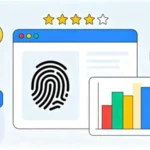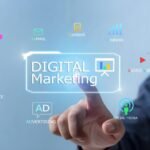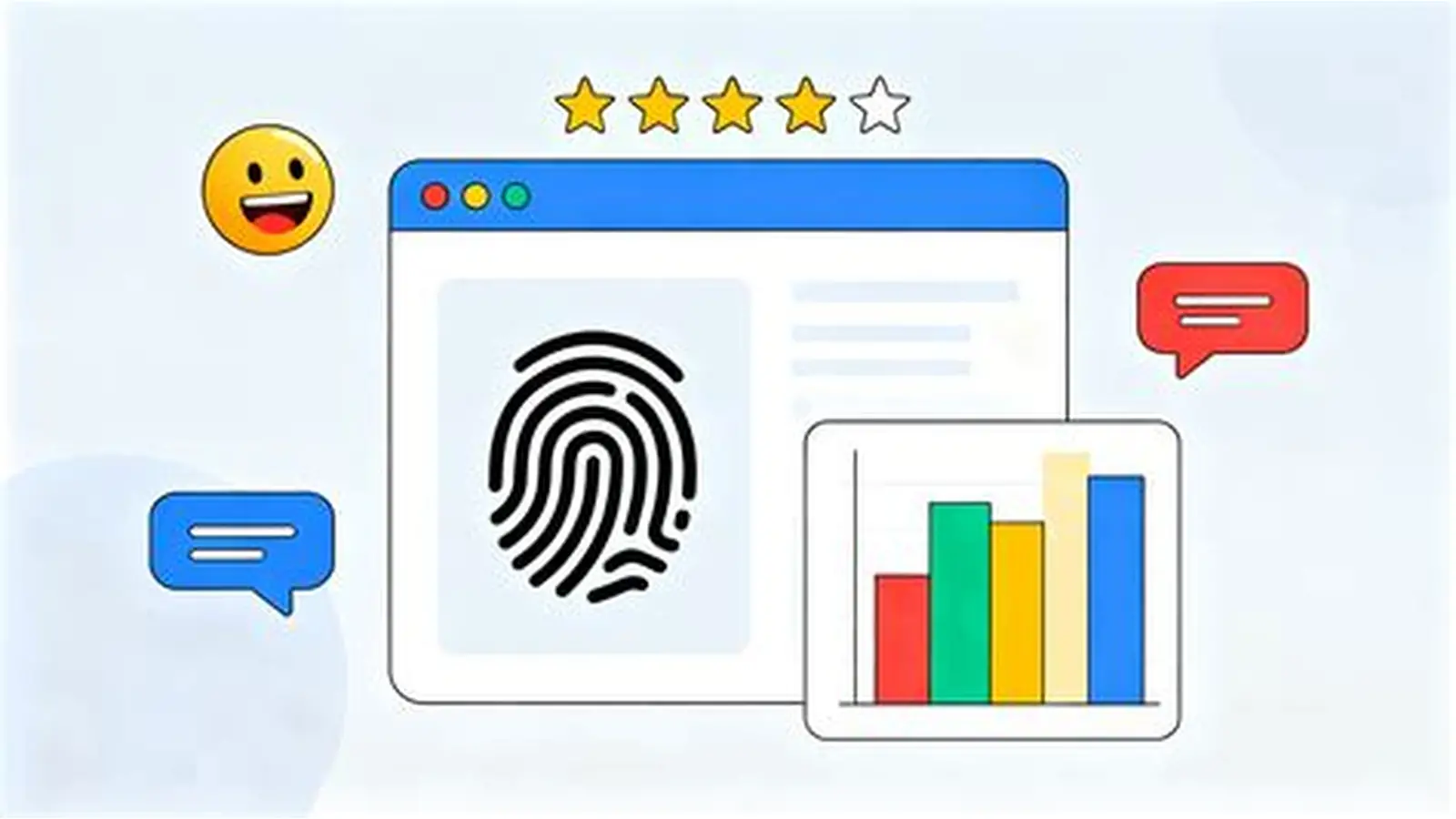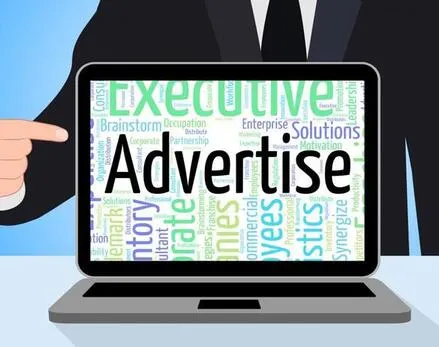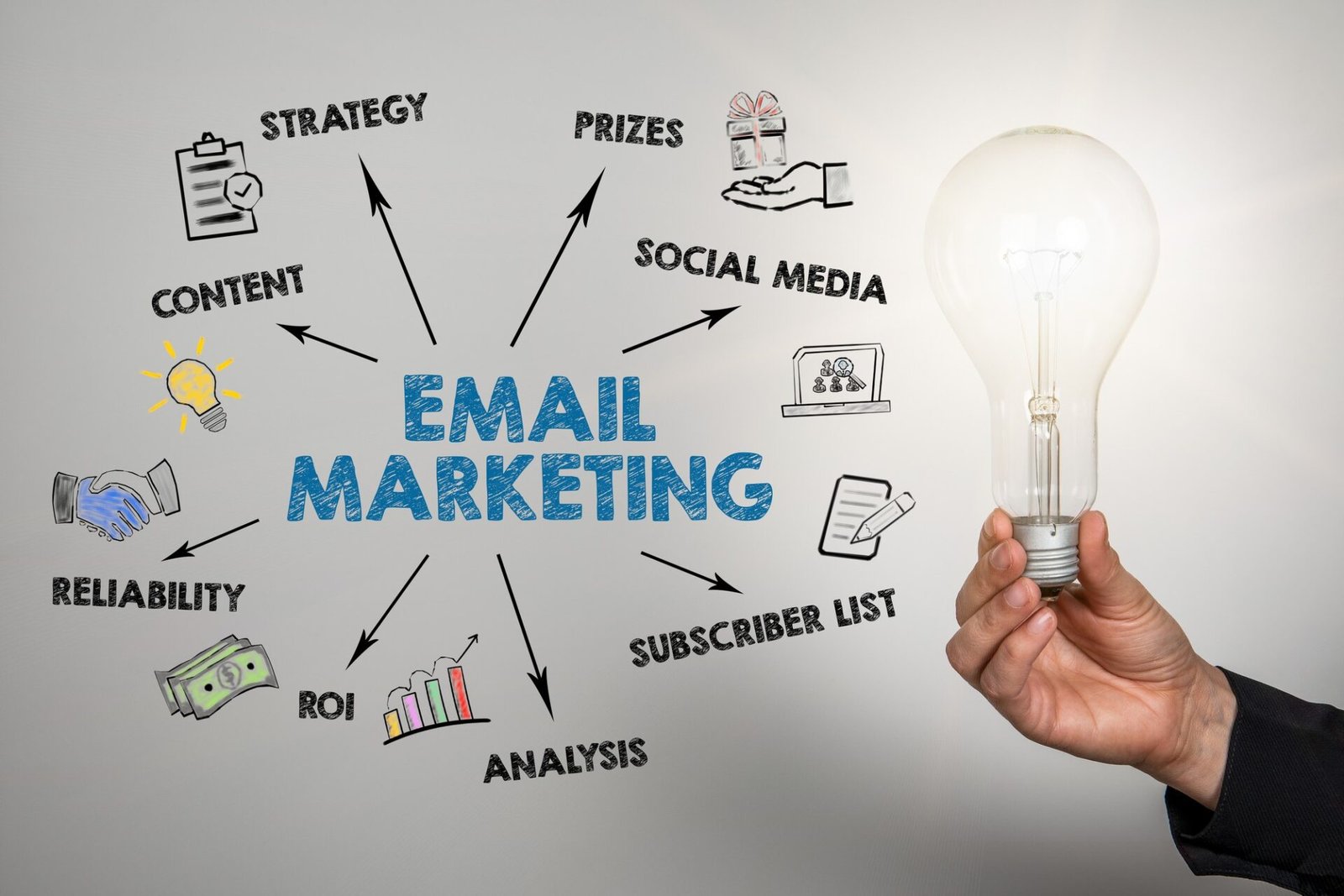Artificial Intelligence (AI) is revolutionizing digital marketing in 2025. By automating tasks, analyzing data, and predicting consumer behavior, AI allows marketers to create personalized, efficient, and impactful campaigns. Brands that adopt AI-driven strategies gain a competitive edge in reaching and engaging audiences effectively.
Personalization at Scale
AI enables hyper-personalized marketing by analyzing user data, behavior, and preferences. From tailored product recommendations to customized email campaigns, AI ensures messages resonate with individual users. Personalization increases engagement, loyalty, and conversion rates, making marketing more effective than generic approaches.
Advanced Customer Insights
AI tools process massive datasets to uncover patterns and trends. Marketers gain insights into consumer behavior, preferences, and purchase intent. Predictive analytics powered by AI allows businesses to anticipate customer needs, optimize campaigns, and deliver relevant content at the right time.
Marketing Automation
AI automates repetitive marketing tasks such as email segmentation, social media posting, ad targeting, and lead scoring. Automation saves time and resources while maintaining precision. Marketers can focus on strategy, creativity, and high-value tasks instead of manual processes.
Enhanced Content Creation
AI assists in content generation, suggesting topics, headlines, or even drafting blog posts, social media updates, and product descriptions. Tools can optimize content for SEO, readability, and engagement, accelerating production without sacrificing quality.
Improved Ad Targeting
AI analyzes user data and behavior to deliver highly targeted ads. Machine learning algorithms optimize bidding strategies, audience segmentation, and placement in real-time. This precision reduces wasted ad spend and increases ROI, ensuring marketing budgets are used efficiently.
Chatbots and Customer Engagement
AI-powered chatbots provide instant customer support and engagement across websites, social media, and messaging apps. Chatbots handle inquiries, recommend products, and guide users through the sales funnel. Enhanced responsiveness improves user experience and strengthens customer relationships.
Predictive Analytics for Campaign Optimization
AI predicts which marketing strategies will perform best by analyzing historical data, trends, and competitor insights. Predictive analytics informs campaign decisions, helping marketers allocate resources effectively and improve overall performance.
Voice and Visual Search Optimization
AI powers voice assistants and visual search technologies. Marketers optimize content for voice queries and image-based searches to capture emerging traffic sources. Adapting to AI-driven search behavior increases discoverability and relevance.

Fraud Detection and Risk Management
AI helps identify click fraud, fake leads, and suspicious activity in advertising campaigns. By monitoring anomalies and patterns, AI protects marketing investments and ensures accurate reporting for better decision-making.
Conclusion
Artificial intelligence is transforming digital marketing in 2025 by enabling personalized experiences, providing advanced insights, automating tasks, improving ad targeting, enhancing content creation, and optimizing campaigns. Brands that embrace AI gain efficiency, improve engagement, and achieve higher ROI. AI is no longer optional but a key driver of modern marketing success.

